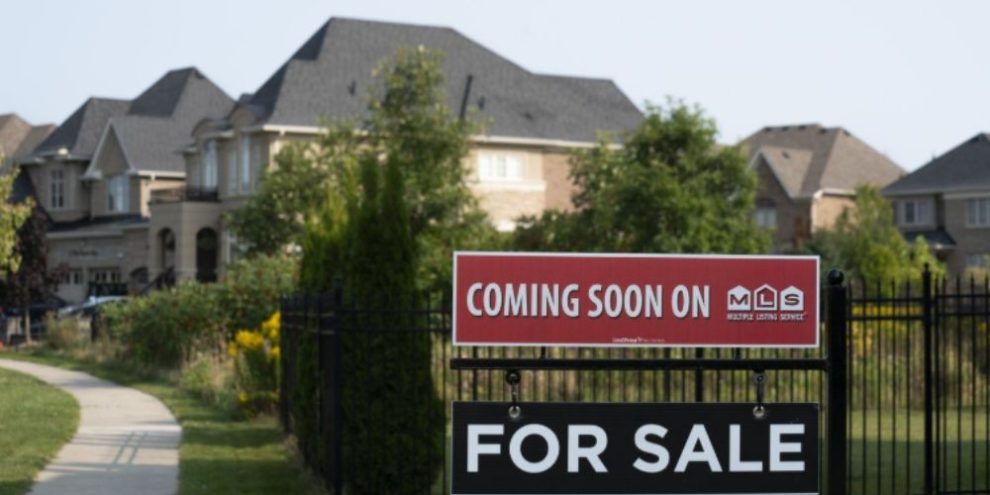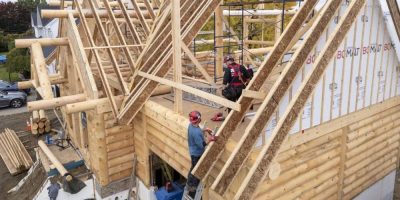
The Canadian Real Estate Association has downgraded its forecast for home sales activity in 2025, while the number of homes that changed hands across the country in March was down 9.3 per cent compared with a year ago.
The association said Canadian home sales in March also fell 4.8 per cent on a seasonally adjusted month-over-month basis from February, as potential buyers stayed on the sidelines amid concerns over tariffs and economic uncertainty.
CREA is now expecting a total of 482,673 residential properties to be sold throughout the year, essentially unchanged from 2024, but marking a steep cut from its previous forecast in January of an 8.6 per cent increase from last year.
Barrie's News Delivered To Your Inbox
By submitting this form, you are consenting to receive marketing emails from: Central Ontario Broadcasting, 431 Huronia Rd, Barrie, Ontario, CA, https://www.cobroadcasting.com. You can revoke your consent to receive emails at any time by using the SafeUnsubscribe® link, found at the bottom of every email. Emails are serviced by Constant Contact
It marks the largest revision by CREA in between its quarterly forecasts since the 2008-2009 financial crisis, the association said.
The national average home price is forecast to decrease a slight 0.3 per cent on an annual basis to $687,898 in 2025, which would be around $30,000 lower than predicted in early January.
“Up until this point, declining home sales have mostly been about tariff uncertainty. Going forward, the Canadian housing space will also have to contend with the actual economic fallout," said CREA senior economist Shaun Cathcart in a press release.
"In short order we’ve gone from a slam dunk rebound year to treading water at best."
In March, the national average sale price fell 3.7 per cent compared with a year earlier to $678,331.
With 39,202 home sales recorded during the month, activity was at its lowest level for March since 2009, the board said. It noted sales have been down over the last few months in all but a handful of small markets across the country, with the largest declines seen in Ontario and B.C.
The number of newly listed properties was up three per cent month-over-month in March. Meanwhile, a total of 165,800 properties were listed for sale by the end of the month, up 18.3 per cent from a year earlier but still below the long-term average of around 174,000 listings for this time of the year.
"Notably, markets are hugely tilted in the favour of buyers in B.C. and Ontario and are even loosening rapidly in the once drum-tight Alberta market," said TD economist Rishi Sondhi in a note.
He said the trend of increasing supply and subdued demand suggests Canadian average home prices will decline in the second quarter following a five per cent drop in the first three months of the year.
"March's (sales) decline was not much of a surprise given that tariff-related economic uncertainty remained elevated last month," said Sondhi.
"For the first quarter overall, sales plunged 12 per cent, which will weigh on residential investment and overall economic growth."
This report by The Canadian Press was first published April 15, 2025.





